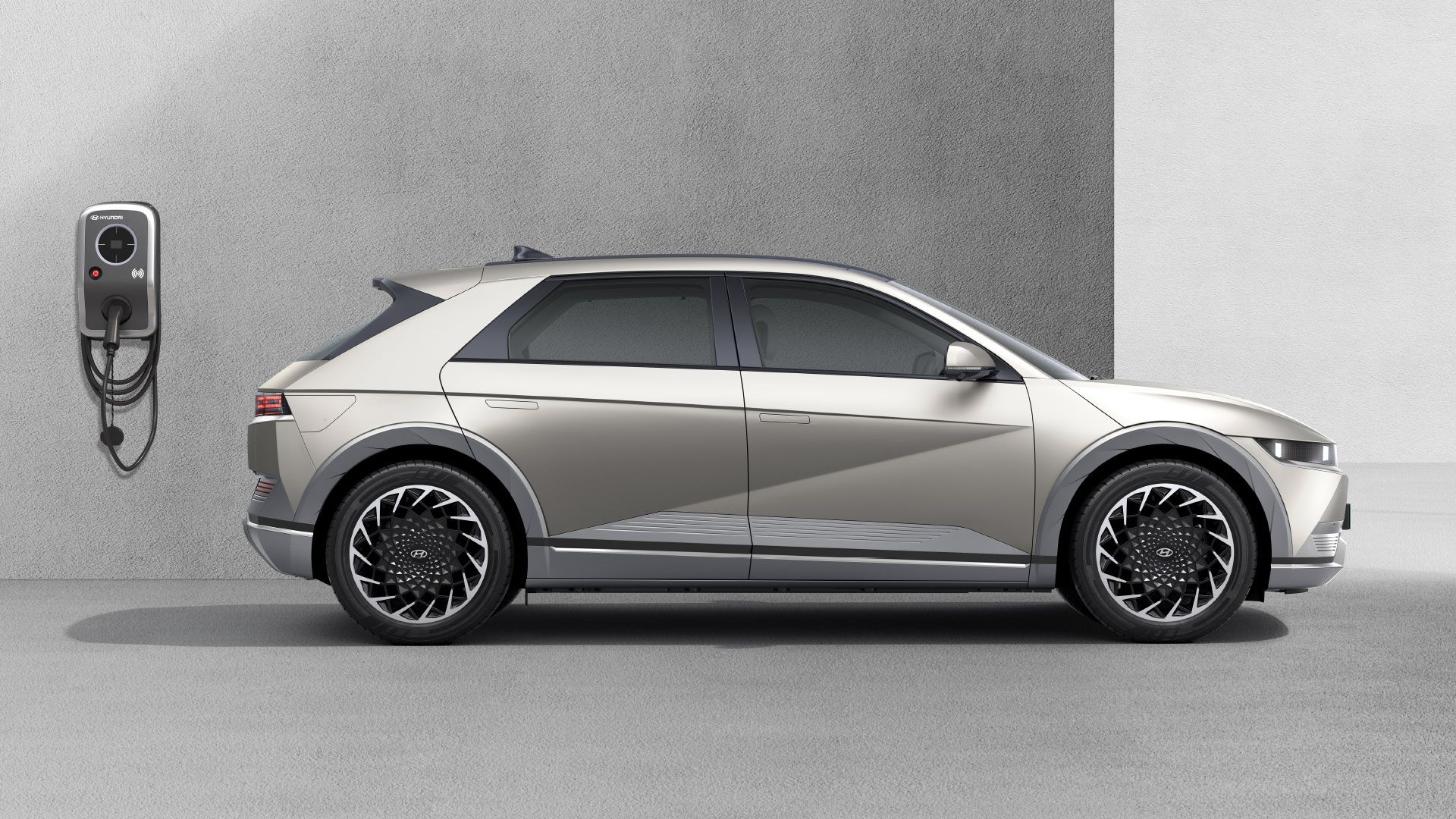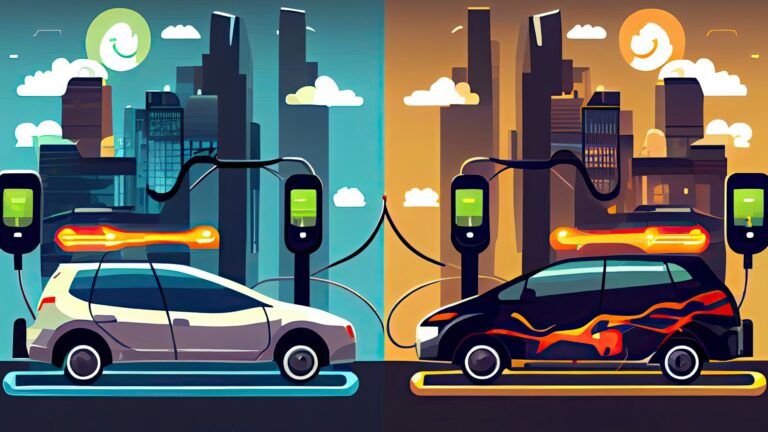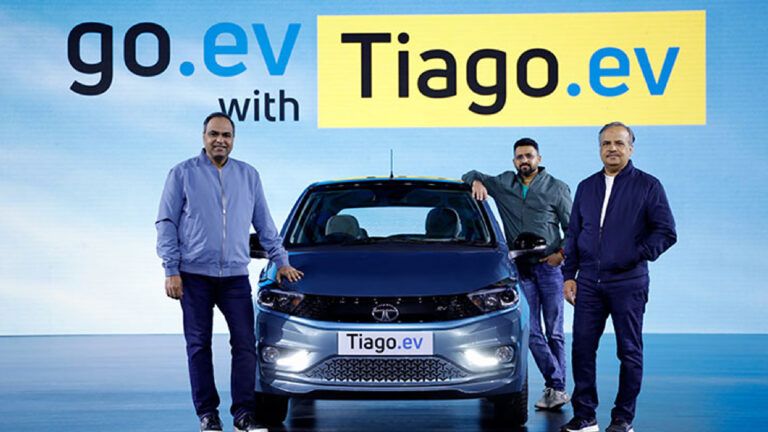Electric vehicles (EVs) are becoming increasingly popular in India as a sustainable mode of transportation. Unlike gasoline vehicles, EVs run on electric power, making them more environment-friendly and generating lower operating costs. With the petrol and diesel costs rising across India, it is no wonder that Indians are increasingly opting for EVs. That is also what makes this article on EV vs Petrol vehicles a must-read.
However, as it stands, buying your next scooter, bike, or car is a massive decision. This will require a thorough understanding of all the options available in the market. This is where you need to know that EVs have a completely different set of components than their IC engine counterparts. In this article, we’ll take a closer look at the various components of an electric vehicle and how they work. In doing so, we shall also compare them to their gasoline counterparts. This should give you a better idea of which way to lean for your next vehicle purchase.
To start with, here are the two main parts of an EV that you need to focus on.
Battery
The battery is the heart of an electric vehicle. It stores the electric energy that ultimately runs the scooter, bike, or car in question. While batteries are also present in any petrol or diesel vehicle, their use in both scenarios is completely different.
That is because unlike in EVs, the batteries in a regular gasoline vehicle are only used to power its various components like stereo, headlights, and such. In electric vehicles, batteries act the same way as petrol or diesel in an IC engine vehicle.
Because of this, the batteries used in EVs are significantly larger and more powerful than those used in gasoline vehicles. For this, EV batteries are made up of a large number of small cells that are connected in series or parallel to increase the voltage and capacity.
Electric Motor
The electric motor works as the “engine” of an electric car. Like an IC engine converts petrol or diesel into mechanical energy by combustion, the electric motor of an EV converts the electric energy stored in the battery of an EV into mechanical energy. The motor is connected to the drivetrain, which transfers this mechanical energy to the wheels.
These are two major components of an EV that are different from those found on a gasoline vehicle. With these, the relative components also change. Here is how EV vs Petrol vehicles fair in comparison.
EV vs Petrol: Other Parts
- In an electric vehicle, the transmission is not needed since the electric motor can provide torque at low speeds. In a gasoline vehicle, the transmission is in the form of gears and a clutch plate. These transfer the right amount of power from the engine to the wheels.
- In an electric vehicle, there is no exhaust system since there are no emissions. The exhaust system in a gasoline vehicle is used to remove the waste gases produced by the engine.
- The cooling system in an EV is used to regulate the temperature of the battery pack and motor. Meanwhile, it regulates the temperature of the engine in an IC engine vehicle.
- An EV is refuelled by charging its battery pack, while a petrol or a diesel vehicle is refuelled by refilling the appropriate fuel in its tank.
- There is no ignition system in an EV since the motor is powered by electricity. Gasoline vehicles still rely on the ignition system to ignite the fuel-air mixture in the engine.
- EVs use a unique feature called “regenerative braking.” This transfers the kinetic energy of the vehicle into electrical energy when brakes are applied. This energy is sent back to the battery and helps extend the vehicle range and reduce wear on brakes.
- In general, EVs have significantly fewer components than their IC engine counterparts. This further makes them more efficient as there are much lower mechanical losses in the energy conversion process that runs the vehicle. This also makes their service and maintenance much easier and cheaper.
Conclusion
To conclude, electric vehicles and gasoline vehicles have significantly different components and systems that work together to provide a smoother and more efficient ride as compared to IC engine vehicles. While the latter has been around for over a century, electric vehicles are quickly gaining popularity due to this. Understanding how these vehicles work is the first step towards making an informed decision about which type of vehicle is right for you.
In our future EV vs Petrol posts, we should cover more on how EVs are distinctive and how they can prove to be a better option for your daily transport needs in India.








